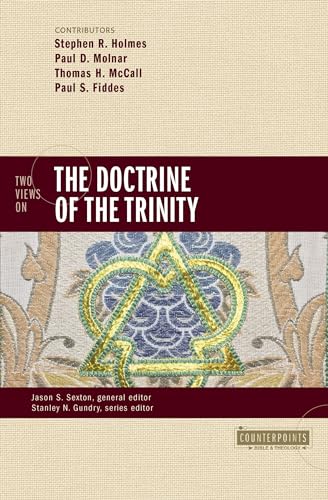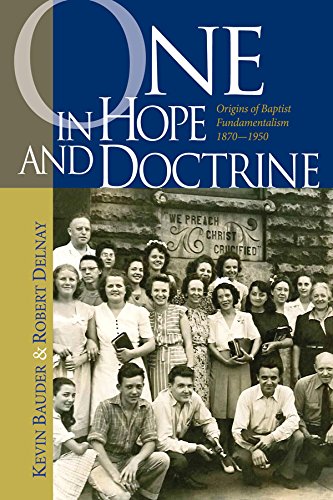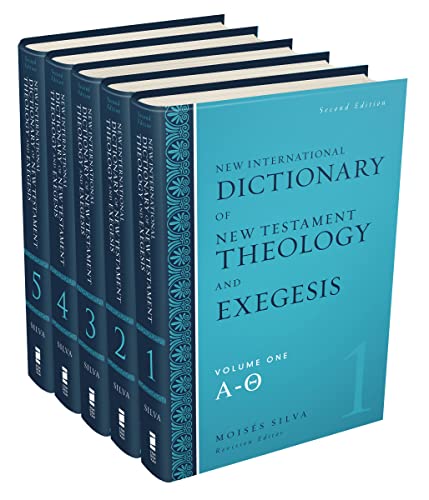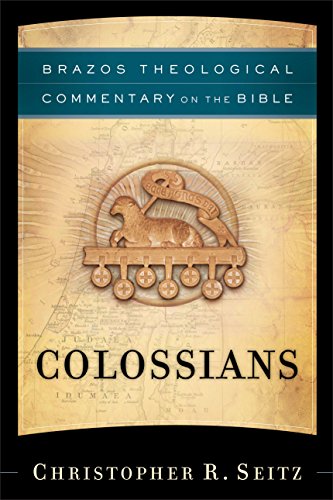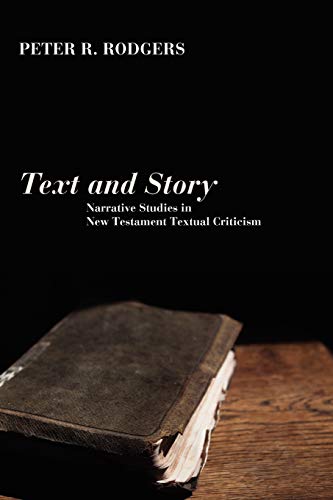Ascetic Pneumatology from John Cassian to Gregory the Great
Written by Thomas L. Humphries Jr. Reviewed By Andrew SelbyThis addition to the Oxford Early Christian Studies series narrates the conjunction of the theological teachings of asceticism and the Holy Spirit from the early fifth through the early seventh centuries. The book is Humphries’s revised dissertation, written under the supervision of historical theologian Lewis Ayres. Humphries’s volume can be understood as filling out some of Ayres’s earlier provocative assertions. For instance, Ayers wrote, “Perhaps the major contribution of pro-Nicene pneumatology is the insistence that the work of the Spirit is inseparable from Father and Son. . . . [Thus,] the work of sanctification is the unmediated work of God . . .” (Nicaea and Its Legacy: An Approach to Fourth-Century Trinitarian Theology [Oxford: Oxford University Press, 2004], 217). Such a claim has prima facie appeal: once it was clearly confessed that the Holy Spirit is God, a corollary is that God himself indwells the believer. If that is the case, then the degree of holiness achievable increases mightily. But it also raises a question about human agency. If God himself sanctifies, then to what degree do a believer’s strenuous efforts (askesis) even matter? One would therefore expect the monastic tradition, with its emphasis on disciplined striving to attain holiness, would reckon with these issues. Were the inheritors of Nicene theology indeed concerned with the implications of their pneumatology for the formation of Christian virtue? Humphries seems to be the first to explore this interesting line of reasoning at monograph length. Thus, it is not an overstatement to call the book a groundbreaking achievement.
Humphries begins with a preface that defines key terms, above all “ascetic pneumatology”: the application of the doctrine of the Holy Spirit to the process of askesis. In other words, Humphries coins this phrase in order to identify the tendency in an author writing about monastic theology to articulate their asceticism with reference to the person and work of the Holy Spirit. The first eight chapters chronologically chart the nexus of the doctrines of the Holy Spirit and asceticism in several authors. Chapters one and two treat John Cassian’s (ca. 360–ca. 435) “archetypal” ascetic pneumatology, in which the Paraclete is understood “as an essential part of all Christian ascesis” (p. 3). Leo the Great (ca. 400–461) follows, whose theology, directed at the laity rather than monastics, tends to understand the practices of Christian formation in terms of the sacraments and thus locates the Holy Spirit’s activity there as well. Chapters four and five range widely, beginning with the early fifth-century controversy between Pelagius and Augustine on grace and free will. Then comes investigation of the self-proclaimed defender of Augustine’s anti-Pelagian theology, Prosper of Aquitaine (ca. 390–ca. 463), followed by monastic writings emerging from Lérins. Chapter six discusses Fulgentius of Ruspe’s (ca. 462–ca. 527) improvement on Lérinian theology, leading up to two more detailed chapters (seven and eight) on Gregory the Great’s (ca. 540–604) ascetic pneumatology before the conclusion (chapter nine). Humphries artfully characterizes Gregory’s doctrine as a “dialogue of desire” in which God the Spirit reforms human interiority before the ascetic responds with appropriate desire (pp. 176–77).
Humphries’s thesis is that, generally speaking, theologians in the Latin West from Cassian up to Gregory affirm that the Holy Spirit is responsible for the success of askesis. Programs of rigorous practices aimed at holiness require the Holy Spirit for their effectiveness. While not all readers will find Humphries’s proofs convincing, there are three especially strong arguments for this point. First, Humphries juxtaposes the ascetic program laid out by Cassian with that of Origen of Alexandria (ca. 185–ca. 254), an important source for Cassian but an author whose pneumatology does not square neatly with later pro-Nicene theology. Humphries shows that Cassian supplements Origen’s writings on askesis by incorporating as an assumption that the Spirit is co-equal with Father and Son (42–43). Second, Humphries demonstrates how Pelagius managed to hold a perfectly orthodox doctrine of the Holy Spirit and a highly rigorous asceticism. Yet he never joins the two together in notable contrast with Cassian, who, in earlier scholarship, often was labeled as a “semi-Pelagian.” Perhaps this helps to explain why Pelagius was branded a heretic while Cassian was largely embraced as orthodox. Third, Humphries concludes that the Lérinians did not extend their Nicene pneumatology to their ascetic program. Their failure to do so, despite their staunch orthodoxy, suggests that the idea of applying a full-fledged Nicene pneumatology to questions of spirituality was not as inevitable as one might expect. It also serves to underscore the sophistication of authors such as Cassian and Gregory who were able to perform this integrative task.
More should be said about the history of the theology of the Holy Spirit and the Christian life. Such investigation would benefit theologians today seeking to understand the conjunction of these doctrines. We can thank Humphries for providing the basis for more such inquiry.
Andrew Selby
Andrew Selby
Baylor University
Waco, Texas, USA
Other Articles in this Issue
The account of Abraham's near-sacrifice of Isaac has been and will likely continue to be violently applied so long as the dominant misunderstanding of the text prevails...
In recent years, a growing cadre of younger historians has begun publishing significant books on the history of American evangelicalism...
Romans 4 remains a central text in the debate over the New Perspective on Paul...
Within the intra-Reformed debate over baptism, covenant theology is a crucial aspect in determining one's position...
‘Fathers of Faith, My Fathers Now!’: On Abraham, Covenant, and the Theology of Paedobaptism
by David GibsonThe figure of Abraham creates a covenantal framework for biblical theology that allows baptism to be considered in relation to the Bible's developing story line...



